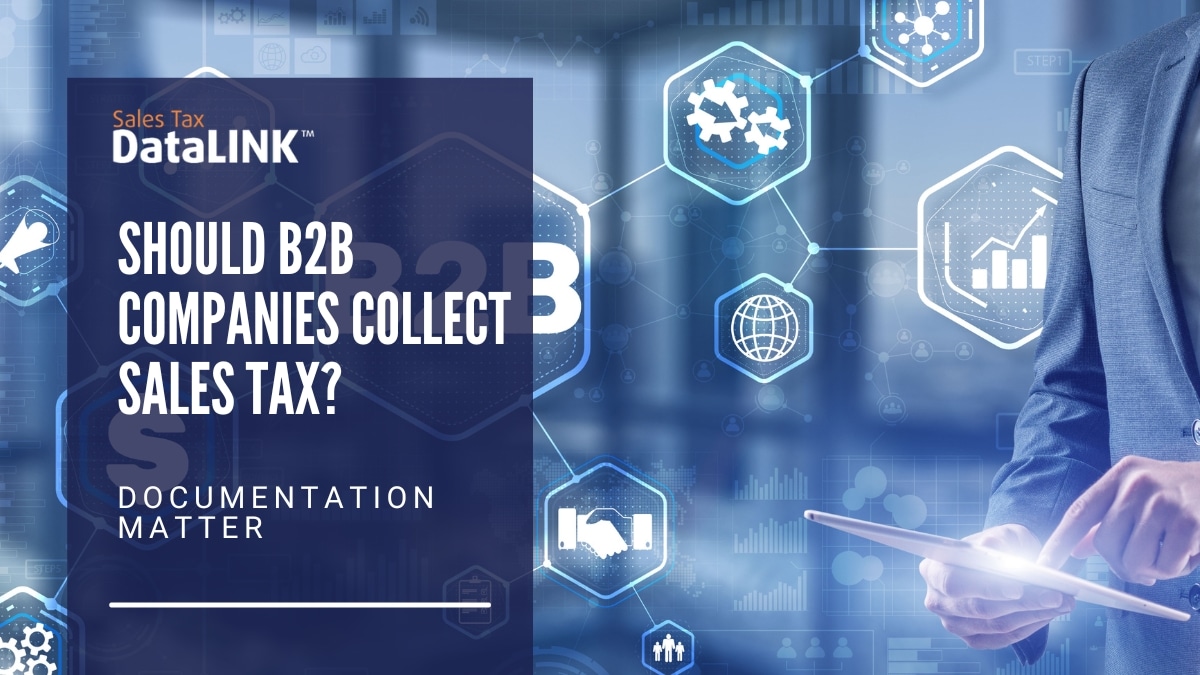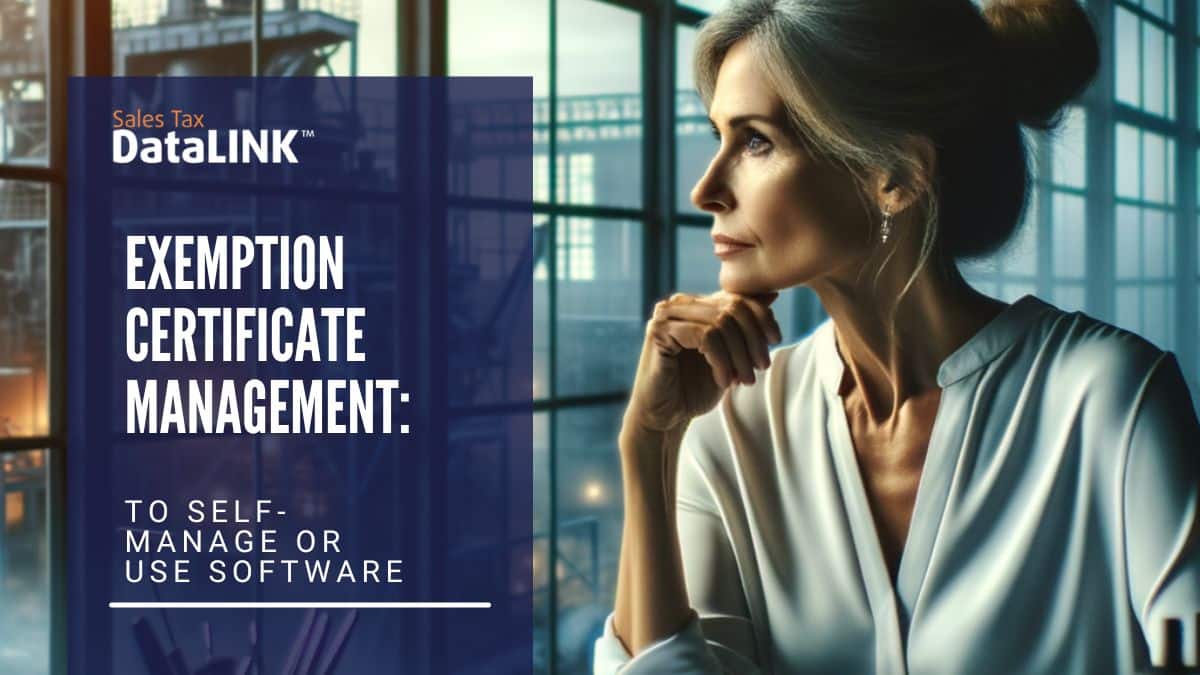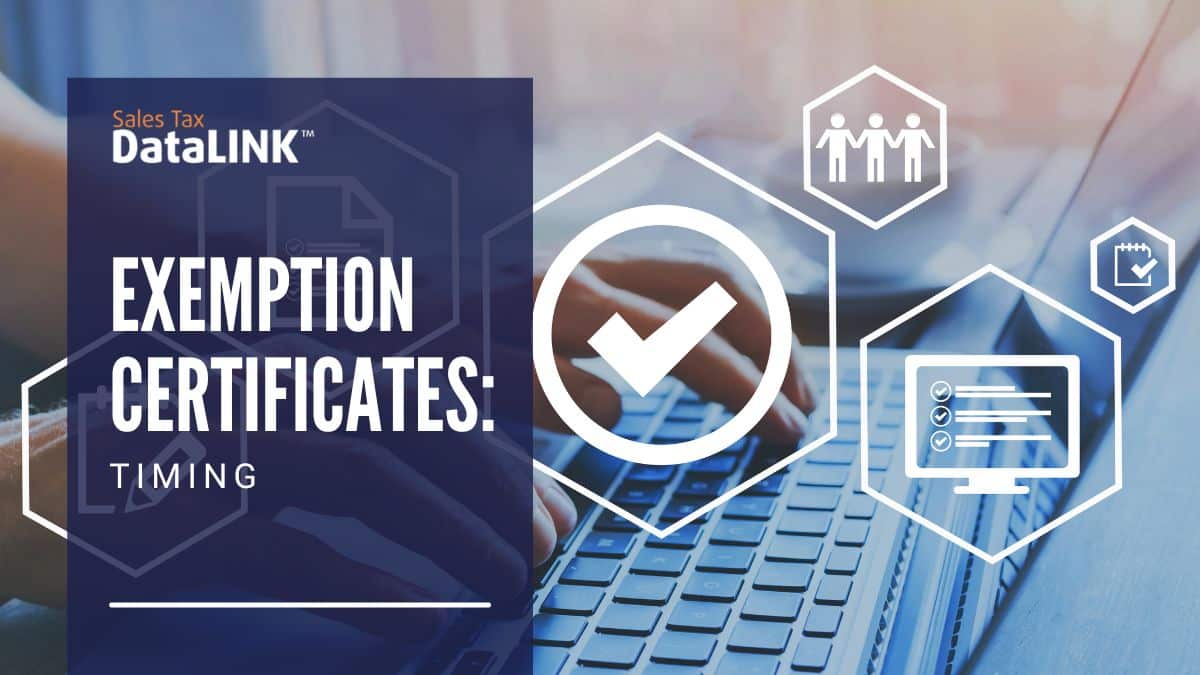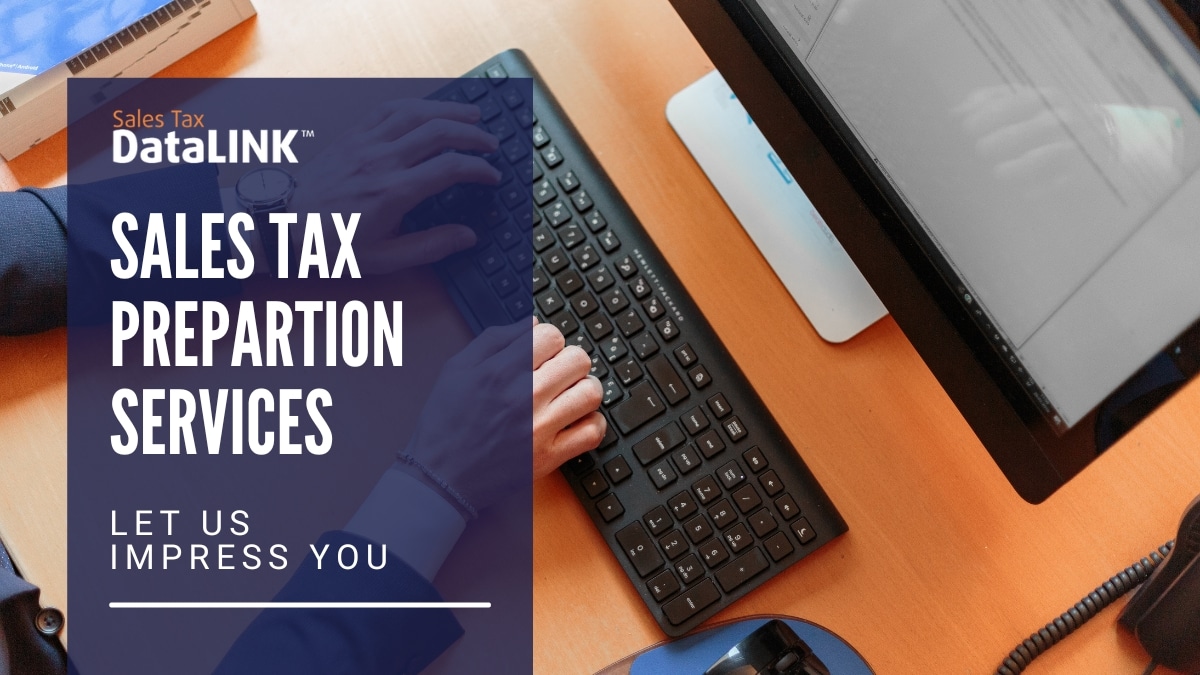If your business only deals with other businesses and not with the end consumer, you might never give a thought to sales tax. You might need to think about it, though, even if you don’t have to collect it. If your business sells anything, you could potentially be liable for sales tax if you don’t have proper documentation. Whether or not your product is subject to sales tax, there’s assurance in keeping proper records. If your business were targeted by an auditor, you would want to be able to justify your business. What’s the best way to manage this? Take a look at your business practices and processes, especially how a sale is made and how documentation is made during and after a sale. Sales with exemption certificates.
Most states use some form of exemption certificates for businesses that don’t have to pay sales tax on goods. If you’re dealing with businesses that have documentation, it’s important that you keep a copy on file with invoices from sales with that business. One way to do this as a small business tax manager is to digitally or physically create a filing system for these exemption certificates as well as a process that requires an exemption certificate for a sale to be invoiced. If every sale your business makes is justified with an exemption certificate and you can produce them quickly if needed, you’ll be safe from audits. Sales without exemption certificates.
If you’re making a sale of taxable goods to a company or individual that doesn’t have exemption certificates or the documentation needed in your state, you’re obligated to collect sales tax for the sale — even if it’s a business. It’s a good policy always to charge sales tax if a valid exemption certificate cannot be produced during the time of the sale to ensure your business isn’t liable for sales tax, penalties, or interest. If you haven’t been keeping track of exemption certificates and have been collecting taxes, you should consult a tax professional for help. You might not be required to collect sales taxes — but it’s best to be sure.




